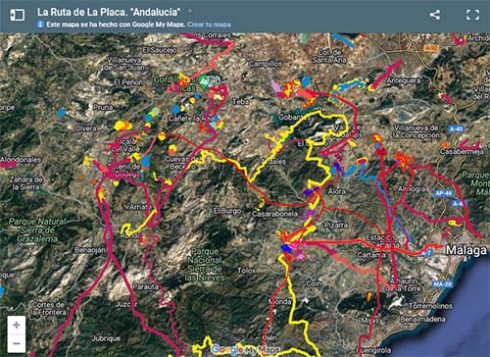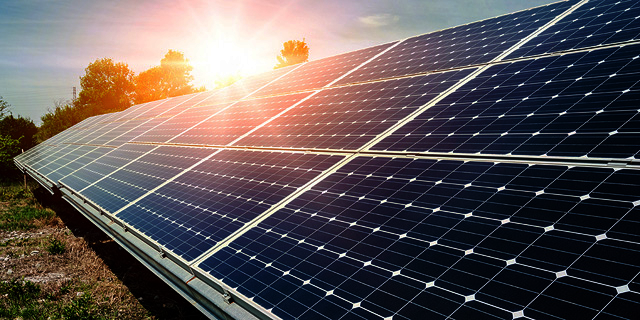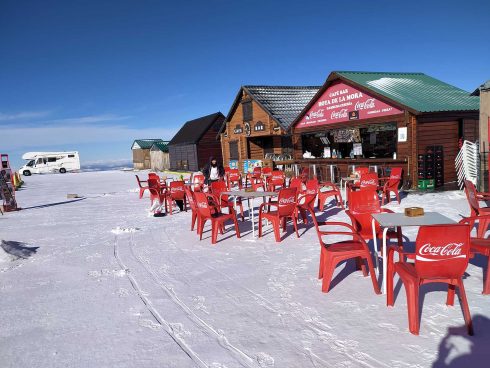GREEN campaigners are celebrating after a series of giant solar panel projects were put on ice.
So far three out of five proposed schemes in the Ronda area have been rejected in official environmental reports by the Junta.
The giant projects would have seen the picturesque Serrania region plastered with panels and criss-crossed with electricity pylons.
The ministry ruled against the ‘uncontrolled installation’ of photovoltaic mega-parks, highlighting the ‘effects on biodiversity’ in the protected region.

In particular, it pointed out the threat to the loss of wildlife habitats that make the projects ‘unfeasible’.
“I’m happy as one would have run through our family farm, a stunning area of virgin, wild Ronda landscape,” said Andrea Sanchez, 31, from a platform set up to oppose the projects last year.
“It would have meant 18 pylons, some 30 metres high, on our land, which would have destroyed it.”
Other campaigners, such as well known German winemaker Federico Schatz, are more sceptical. “This is no victory yet as we believe the companies could merely resubmit their scheme again in different ways,” he said.
The companies behind the projects, including Cobra and Vaguadas Renovables, are expected to appeal.
Meanwhile, two other projects, one developed by giant oil company Cepsa, are still up in the air, with the Junta yet to rule on them.
The biggest would install 150 kms of giant pylons from Ronda to Algeciras, going from a main plant in the Ronda la Vieja valley, near the protected Roman site of Acinipo.
If passed the cables would also cross the protected Sierra Bermeja and the Genal Valley to Benahavis.
The Olive Press revealed in 2021 that the schemes would carpet 2,200 hectares – the equivalent of 3,500 football fields.
Similar mega parks are proposed for many other areas around Andalucia as Spain attempts to meet its commitment to provide 39 GW of photovoltaic energy by 2030, up from the 9 GW it already has installed.
Campaigners insist there must be more suitable locations for the projects, such as industrial areas, flatter farmland or despoiled land.
But finding alternative locations for these renewable mega plants is ‘not our problem’ insists Sanchez, who runs a PR company in Madrid.
“These are private projects merely out to make money,” he said. “They have nothing to offer our local communities; zero jobs and they don’t lower our electricity bills.
“Worse than that they harm the primary economy, which is dependent on tourism.”











